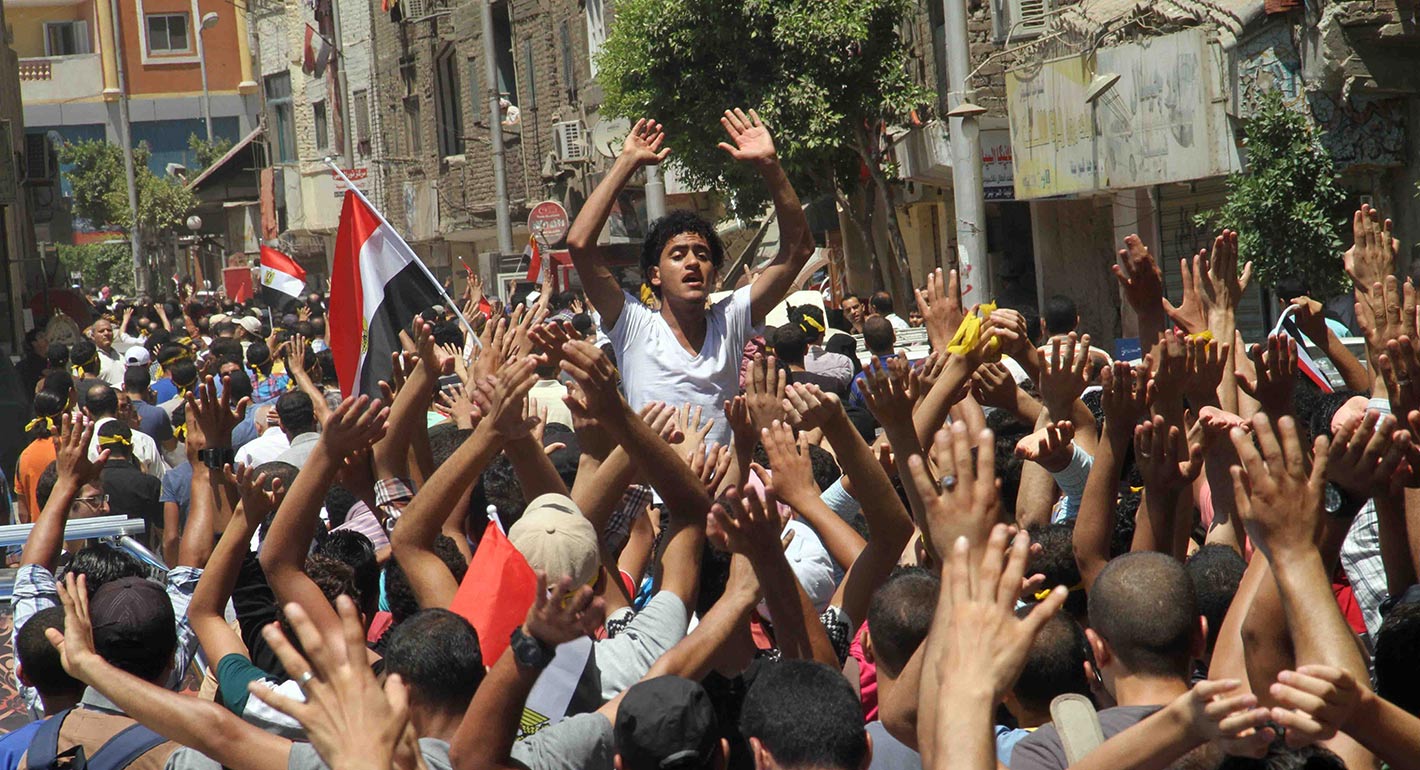There are legal, diplomatic, pragmatic, and civil rights reasons why such a designation would undermine efforts to keep Americans safe from terrorism.
- The Muslim Brotherhood (MB) does not fit the legal definition of a foreign terrorist organization. There is no credible evidence that, as an organization, it is using violence to pursue political aims, and it has not deliberately targeted Americans.
- The few offshoots of the Muslim Brotherhood that have become violent—Hamas, Hassm, Liwa al-Thawra—have already been designated as terrorist organizations. Designating the Muslim Brotherhood more broadly would not give the United States added tools to go after these groups.
- Sweepingly targeting the Muslim Brotherhood would create a cascade of diplomatic problems because political parties with Brotherhood roots serve in parliaments and even governments in many countries. But even a narrower designation of a single Muslim Brotherhood chapter, such as the Egyptian Muslim Brotherhood, would still do just as much damage to U.S. interests for all the reasons that follow.
- U.S. law does not permit designation based only on ideology rather than violent actions. To do so would politicize the process.
- By joining countries (for example, Egypt, Saudi Arabia, and the U.A.E.) that designate groups as terrorist for political reasons, the United States would tarnish the international legitimacy of its other designations and erode the credibility of its counterterrorism efforts.
- Anti-U.S. sentiment among Muslims worldwide would rise. Most Muslims around the world would see the designation as the latest of a series of anti-Muslim steps by the Trump administration, such as the travel ban and the changed U.S. policy on Jerusalem. The U.S. president already stands accused of stoking Islamophobia internationally.
- The self-proclaimed Islamic State and al-Qaeda would celebrate such a designation as vindication of their argument that non-violent political activity is futile. They would use the designation in their efforts to recruit desperate and isolated Islamist youth, who once believed in peaceful politics.
- Designation could bring devastating consequences for Muslims in the United States, who currently make up less than 2 percent of the population. Anyone suspected of ties to the organization could risk having their assets frozen, or could be deported if they are not citizens. Islamophobic groups—with contacts inside the Trump administration—would press the FBI to investigate every U.S. mosque or Muslim charity for possible ties to Muslim Brotherhood-supported hospitals, clinics, and religious organizations throughout the world.
- Designating the Muslim Brotherhood would inevitably divert U.S. counterterrorism resources away from the real terrorists that are actually seeking to kill Americans, such as branches of the Islamic State and al-Qaeda.
In the end, designating the Muslim Brotherhood as a foreign terrorist organization would be a counterproductive political stunt that would make all Americans less safe.
